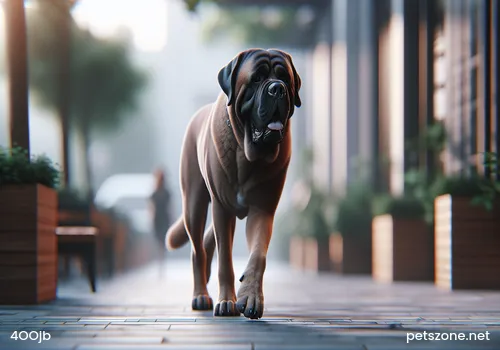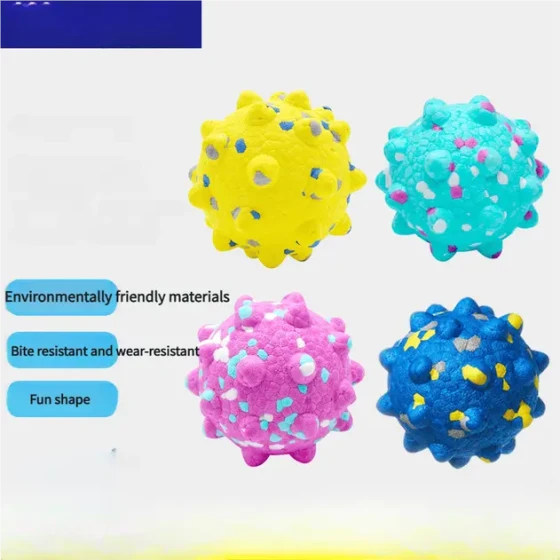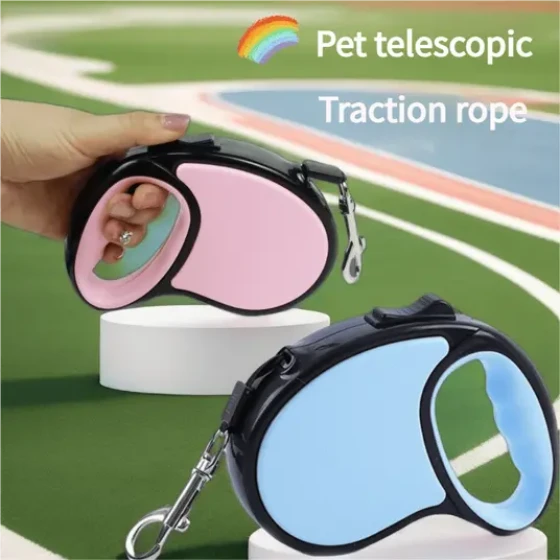Should Dogs Eat Bones
Should dogs be given bones to eat? We often discuss the issue of dogs eating bones, so should dogs really eat bones? Do dogs like to eat bones? Today, let's explore this issue in depth. Only when we truly understand the reasons can we comprehend why it is sometimes advised against and why sometimes it is allowed. Every pet owner will not be confused by the many arguments on this topic. Below is an example to see whether dogs should be given bones to eat or not.
Dogs belong to the carnivorous family of animals that occasionally eat some omnivorous food. They have undergone a long process of evolution spanning millions of years. During this process, they were predators and carnivorous animals. Later, after being gradually domesticated, they slowly became more omnivorous, and during evolution, they began to be fed cooked food. Their gastrointestinal system began to change, and their primitive digestive function became weaker. Their intestinal development differs from humans by millions of years. This process took an extremely long time. Therefore, humans can adapt to great changes in food, but dogs, due to their different physiological structure, have a gastrointestinal length only 3 to 4 times their body length. Thus, dogs’ digestive ability is much poorer than that of humans. But the most important point is that dogs’ stomachs have very strong stretchability because they may eat a full meal only every few days, which humans cannot do. So, during the evolutionary process, adult dogs only need to be fed one meal a day to meet their nutritional needs. Why then do puppies need timed and measured feeding? This is because puppies rely on mother’s milk, and during weaning, the mother dog regurgitates food to feed them, ensuring their dietary needs are constantly met. Therefore, these two feeding methods do not conflict and are habits formed through evolution.
Now, returning to today’s topic, should dogs eat bones? We often see in nature and human TV programs that dogs, as predators, are always seen walking past piles of bones. Why don’t they eat these bones? Why do they continue to hunt? To grind the puppy’s teeth? The mother dog actually brings back meat for the puppies!
Now let's look at the results of eating bones!
This is a case of a one-year-old German Shepherd (detailed introduction), raised in the countryside. The owner was not home, the caretaker fed the dog kibble daily and gave several bones for tooth grinding. After only one week, this happened: severe intestinal obstruction requiring surgical treatment.

German Shepherd Intestinal Obstruction
This is a case of bone ingestion with severe blockage in the throat, causing breathing difficulties and emergency removal.

Throat Obstruction
This is another case of intestinal obstruction, with the blockage close to the anus.

Intestinal Obstruction
This is also a case of intestinal obstruction, likely caused by a long-term blockage, located near the anus.

Intestinal Obstruction
This is a photo of an obstruction caused by eating chicken bones. Fortunately, the dog was large, and the bone size allowed it to pass naturally; it was expelled on the third day.

Intestinal Obstruction
After seeing these cases, do pets really like eating bones? Is eating bones really suitable for them? The answer is no. Dogs are not suitable for eating bones. Large amounts of bone produce indigestible bone material inside the dog’s intestines, accumulating in the intestinal tract. As the intestines move and absorb water, these calcium compounds dry, clump together, causing difficulty in defecation, commonly known as constipation. If the edges of these calcium clumps are hard, during the effort to defecate, they can scratch the intestinal wall and cause pain. This is when problems begin and our beloved pets start suffering. Mild cases can be treated by intestinal lavage to relieve this pain and discomfort, but severe cases require surgical intestinal removal.
To prevent these human-caused diseases, we must take responsibility ourselves. True love for them means reducing their suffering, helping them live happier lives, and extending their lifespan. Healthy growth is the most important. Therefore, based on this principle, we also need to correct our thinking and learn proper scientific feeding knowledge to better serve them, simply because we love them.



